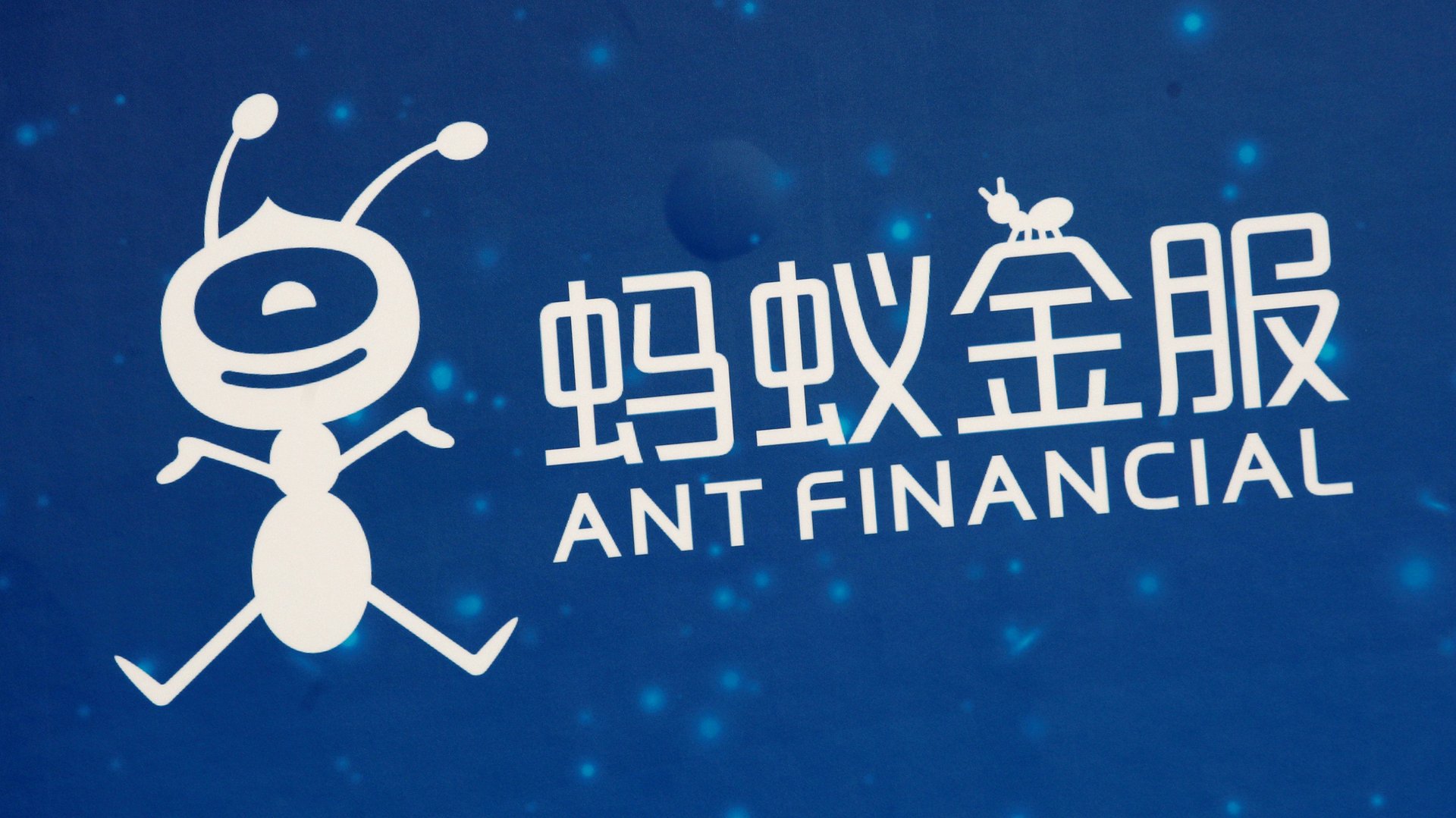The world’s biggest money manager is worried about Chinese tech firms
BlackRock co-founder Robert Kapito is increasingly worried about the tech industry’s plans for his own sector. Last year, the president of the world’s largest asset manager said that tech giants’ business models could upend the financial industry. Now, he says that Chinese tech firms like Ant Financial are a particular threat.


BlackRock co-founder Robert Kapito is increasingly worried about the tech industry’s plans for his own sector. Last year, the president of the world’s largest asset manager said that tech giants’ business models could upend the financial industry. Now, he says that Chinese tech firms like Ant Financial are a particular threat.
Kapito was “shocked,” according to the Financial Times (paywall), by Ant Financial’s latest reported valuation of about $150 billion, which is up from $100 billion just a few months ago. BlackRock oversees more than $6 trillion and has been a winner from the disruption in asset management, where money has flowed from higher-cost mangers to lower cost exchange-traded funds. Still, its $84 billion market cap is a little more than half Ant’s latest valuation.
The world is closely watching Ant. Through its Alipay division, the company has won more than half of China’s mobile payments market, where some $13 trillion changed hands during the first 10 months of 2017. The fintech firm is controlled by Jack Ma, founder of e-commerce giant Alibaba, and also incorporates the world’s biggest money market fund as well as a bank, an insurer, and a lending venue for small businesses. Although its takeover of remittance company MoneyGram was blocked by US officials, Ant still has plans to expand globally, including ambitions to grow aggressively in Europe.
Traditional financial companies are likely to be at a disadvantage against these new firms, which have cash to spend and cutting-edge technology, Kapito said at a conference for wealth advisors, adding that it’s a “story that I do not think ends very well” for the incumbents. Tech ventures are going to come aggressively for finance the same way Apple jumped into the music industry, Google joined the mobile phone sector, and Amazon recently bought its way into the grocery business, he said.
Kapito isn’t alone in expressing these anxieties. European executives have told (pdf) policymakers that they need to prepare for the risks of a tech invasion into finance, given the scope for tech giants to “rapidly dominate a market.” Traditional banks are vulnerable to the likes of Amazon, Facebook, and Google, according to a World Economic Forum report. Financial firms already rely on the technology giants, which have more expertise in burgeoning areas like cloud computing, artificial intelligence, and “big data” analytics.
Underscoring China’s particular prowess in these fields, Alibaba recently led a $600 million investment round into China’s SenseTime, which values the facial-recognition specialist at $3 billion, making it the highest valued AI startup in the world.
There are signs that BlackRock’s worries could become reality. Amazon is in talks with banks like JPMorgan to start checking-account services, according to the Wall Street Journal (paywall). And American consumers without a bank will soon be able to deposit money into a PayPal account and spend it with a Mastercard.
But these efforts still seem short of going truly head-to-head with the big, centuries-old western banks. Here’s one likely reason: The financial services industry comes with a heavy capital burden and intense regulatory scrutiny. While companies like Amazon and Alibaba might not be afraid of competing with big US and European financial institutions, they’re probably much more wary of tangling with their regulators.